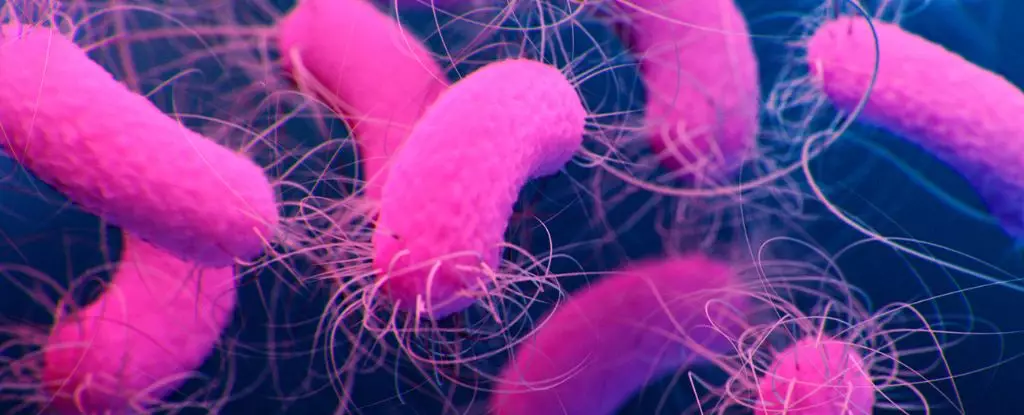Back in 1928, the world of medicine was forever altered by the groundbreaking discovery of antibiotics. These powerful drugs turned once lethal infectious diseases like pneumonia, tuberculosis, and sepsis into treatable conditions. Surgical procedures that were once risky due to infections became safer and more routine. Antibiotics marked a significant milestone in the history of science, transforming medical practice and saving countless lives. However, as with all things, antibiotics come with a catch. Overusing these drugs can lead to bacteria developing resistance, creating superbugs that result in 1.27 million deaths worldwide in 2019, according to the World Health Organization.
The Challenge of Antibiotic Resistance
The rise of antibiotic-resistant bacteria poses a significant threat to global public health. Finding new ways to combat this challenge is crucial for the future of medicine. Recent studies have shown that certain nonantibiotic drugs, like those used for cancer, diabetes, and depression, have the ability to kill bacteria at doses typically prescribed for patients. Understanding how these drugs can target bacteria may hold the key to developing new antibiotics. On the other hand, if these nonantibiotics work in a similar manner to traditional antibiotics, their prolonged use for chronic diseases could inadvertently contribute to antibiotic resistance.
New Approaches in Antibiotics Research
Researchers around the world are working tirelessly to tackle the issue of drug resistance, including the team at the Mitchell Lab at UMass Chan Medical School. A new machine learning method developed by the researchers is shedding light on how nonantibiotics can kill bacteria and identifying potential new bacterial targets for antibiotics. By studying the genetic mutations that make bacteria more resistant or susceptible to drugs, the team aims to uncover new avenues in antibiotics research.
The team at the Mitchell Lab utilized a genetic screening technique to study how anticancer drugs target bacteria. By analyzing almost 2 million instances of drug toxicity between 200 drugs and thousands of mutant bacteria, they were able to group drugs based on their effects on bacterial cells. Known antibiotics clustered together based on their killing mechanisms, such as targeting the bacterial cell wall or interfering with DNA replication. Surprisingly, nonantibiotic drugs formed separate groups, indicating different modes of action in killing bacteria.
Through their research, the team identified a bacterial protein targeted by nonantibiotic drugs like triclabendazole, which is used to treat parasite infections. This protein was not typically targeted by current antibiotics, highlighting the potential for new drug targets in bacteria. By sequencing the genomes of bacteria that evolved in response to nonantibiotic drugs, the researchers were able to pinpoint specific proteins targeted by these drugs.
Implications for Antibiotics Development
The findings from this study offer new opportunities for researchers to explore how nonantibiotic drugs differ from traditional antibiotics in their mechanisms of action. By combining genetic screening with machine learning, the team was able to identify drugs with similar killing mechanisms, even when the mechanism was previously unknown. This approach has the potential to revolutionize the development of new antibiotics by streamlining the process of identifying chemicals that can kill bacteria in novel ways.
The field of antibiotics research is evolving, and there are still untapped possibilities for combating antibiotic resistance and bacterial infections. By exploring new avenues and leveraging innovative technologies, researchers are paving the way for a future where antibiotics remain effective in the face of emerging drug-resistant bacteria.


Leave a Reply